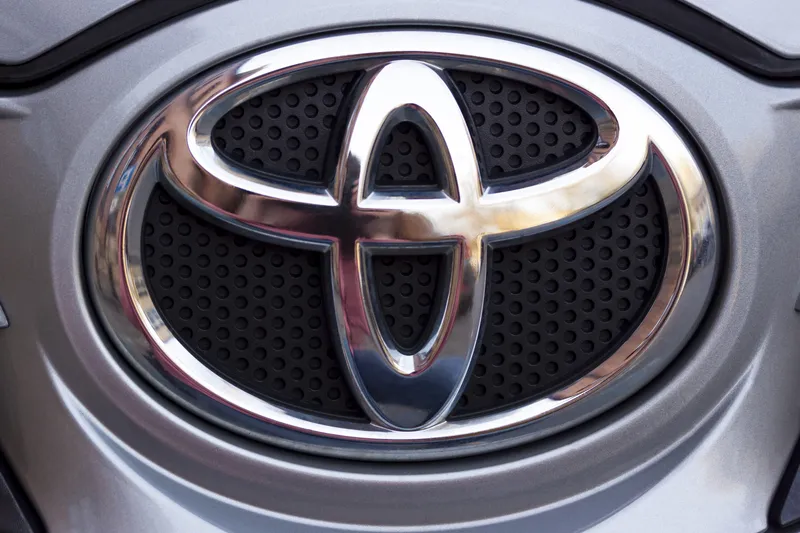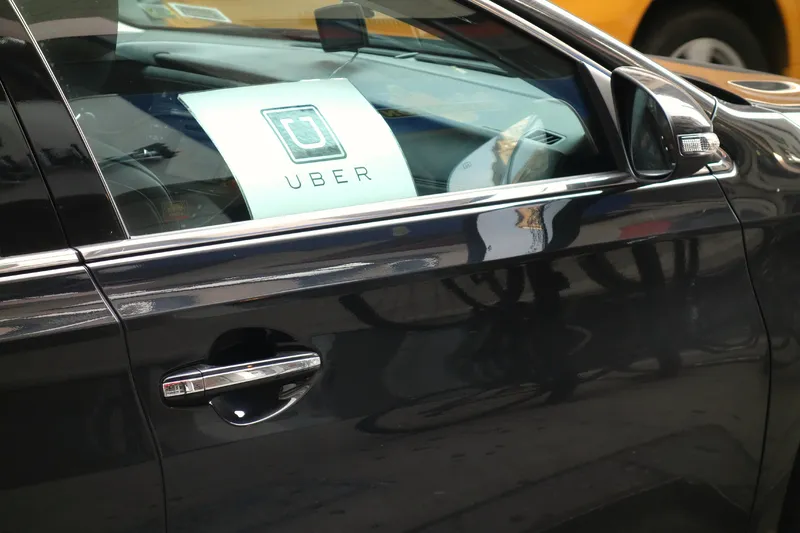
Aurora has partnered with Toyota and Denso to build and deploy autonomous vehicles (AVs) that will operate on ride-hailing networks, including Uber, over the next few years.
In a blog post, Aurora says the partners will initially develop and test Toyota Sienna vehicles equipped with the Aurora Driver hardware, software and sensor suite.
The company says on its website the solution includes the Aurora Computer, which acts as a central hub to connect hardware and software while also allowing Aurora Driver to integrate with every vehicle type.
According to Aurora, the sensor suite gives the Aurora Driver a 360˚ view and the ability to track objects over 300m away, enabling vehicles to stop for pedestrians, travel safely on highways and avoid obstacles.
The partners expect to have built and begun testing a fleet of Siennas by the end of 2021.
Keiji Yamamoto, operating officer at Toyota, says the partners will “aim to commercialise and deliver safe, high-quality, and affordable autonomous ride-sharing vehicles and services”.
Aurora CEO Chris Urmson says: “Our development work on highway driving to support our first commercial product, a driverless truck, will also be critical for safely moving people, as a significant fraction of ride-share bookings today require the ability to drive over 50mph.”








